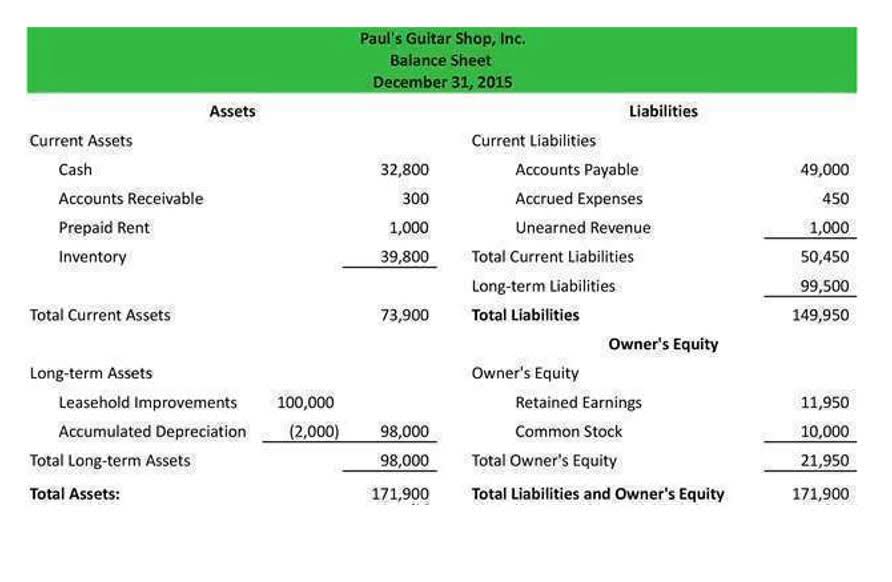
Intuit accepts no responsibility for the accuracy, legality, or content on these sites. Trying to juggle too many things at once only works to put your organization in danger. If you’re looking to convert from manual bookkeeping to digital, consider a staggered approach. Overhauling all at once can be overwhelming and discouraging, so it’s best to take it slow and make meaningful and intentional shifts. By staying up to date with your bookkeeping throughout the year, you can help alleviate some of the stress that comes with filing your taxes. If your bookkeeper bills your customers or pays your vendors and employees, make sure you have proper checks and balances in place to mitigate the possibility of fraud.
- Start building the professional skills you need to get a job as a bookkeeper in under four months with the Intuit Bookkeeping Professional Certificate on Coursera.
- These items are kept in a store room of some sorts and a strict record kept of the number of items on hand at any given time.
- Transactions are recorded as single entries which are either cash coming in or going out.
- Managing business accounts is an intricate part of bookkeeping that involves the organization and tracking of financial transactions to maintain a clear view of a business’s fiscal health.
- Bookkeeping contributes to financial management by providing detailed records that are used to create financial statements, forecast business trends, manage cash flow, and formulate budgeting.
Video Explanation of the Bookkeeping Process
Bookkeeping software and tools are essential for maintaining accurate financial records. They streamline the process of recording transactions, managing invoices, and reconciling accounts. Bookkeeping begins with the accurate recording of financial transactions and events. Every monetary action that a company undertakes, from sales to purchases, needs to be recorded in a systematic manner. Financial transactions are the individual entries that reflect the economic activity of the business.
Do you own a business?

If you’re not tracking daily expenses, you’ll have very little information to give to your accountant and they won’t be able to make informed decisions. If you’re only focusing on expenses and not big-picture financial data, you’ll miss out on some strategic opportunities. That’s why it’s so important https://www.bookstime.com/articles/truckers-bookkeeping-services to understand the nuances between bookkeeping and accounting. Both of these aspects of your business are crucial for financial management and decision-making. Today, we’ll go over the differences between bookkeeping and accounting so that you can figure out how to allocate resources effectively.
The cash flow statement

The single-entry and double-entry bookkeeping systems are the two methods commonly used. While each has its own advantage and disadvantage, the business has to choose the one which is most suitable for their business. The accrual basis method, which is favoured under the generally accepted principals of accounting, record income in the accounting period in which it is earned and records expenses in the period incurred. With the definition of bookkeeping, it’s clear that the bookkeeping task involves all that is required to track, record and organize all the financial transaction that has occurred in the business. It is a financial report that tracks incoming and outgoing cash in your business.

Much of the work that goes into bookkeeping is more administrative than anything else. For example, your bookkeeper will need to make sure that every transaction in your business’s financial records has an entry. This could range from paying employees or purchasing supplies for your office.
When choosing, consider the volume of daily transactions your business has and the amount of revenue you earn. If you are a small business, a complex bookkeeping method designed for enterprises may cause unnecessary complications. Conversely, less robust methods of bookkeeping will not suffice for large corporations.
Just a Few More Details

Depreciation can be claimed as a business expense to reduce incometax. Bookkeeping is a great starting point if you are interested in the field but not fully committed and want to test the waters. You may also be an ideal bookkeeping candidate if you want a good job with a respectable wage and decent security but may not be looking for a long-term career. Bookkeeping offers much lower barriers to entry, and the competition you face in the job search is less fierce. How much you make as a first-year accountant depends mainly on the specific career path you pursue.
Bookkeeping vs. accounting: What’s the difference?
In this day and age, the providers you contract with don’t need to be in the same city, state or even time zone as you. Remote work has expanded across nearly every field, what is a bookkeeper including bookkeeping. If you find someone who is a good fit for your business needs, it doesn’t matter if they are in California while you work from New York.
How can we maintain accurate accounts?
While bookkeepers make sure the small pieces fit correctly into place, accountants use those small pieces to draw much more significant and broader conclusions about a company’s finances. However, bookkeeping and accounting clerk jobs are expected to decline, with the BLS projecting a 5% fall in jobs over the same period. The BLS notes that job growth for accountants should track fairly closely with the broader economy. However, bookkeepers will face pressure from automation and technology that will reduce the demand for such workers. With bookkeepers, there are a lot of minutiae involved, and keen attention to detail is paramount. Accountants, on the other hand, tend to use the bookkeeper’s inputs to create financial statements and periodically review and analyze the financial information recorded by bookkeepers.
It should give you a great starting point for perfecting your bookkeeping strategy. TSheets is another great choice for businesses that work with employees and need to track their time. It’s an easy-to-use solution that makes it quick and simple to manage employees’ hours. We provide third-party links as a convenience and for informational purposes only. Intuit does not endorse or approve these products and services, or the opinions of these corporations or organizations or individuals.
